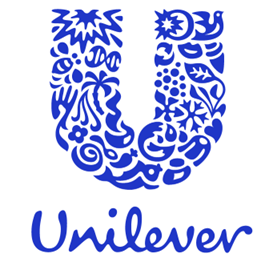Unilever plc (UL) is currently less profitable than many peers, but we look for earnings to grow faster than the industry average and for multiples to expand. It should also benefit from new products, further expansion in emerging markets, and ongoing efforts to improve productivity, writes Taylor Conrad, an analyst with Argus Research.
Unilever is based in the UK, and reports sales (turnover) in euros on a quarterly basis. In the first quarter, total turnover rose 7% to 14.8 billion euros. Underlying sales grew 11%, with pricing up 11% and volume down 0.2%. Revenue in US dollars was $16.3 billion.
 The company posts its income statement semiannually. The underlying operating margin in 2022 narrowed by 230 basis points to 16.1%. Adjusted 2022 EPS in constant currency fell 2% to 2.57 euros. In U.S. dollars, at an average exchange rate of $1.05/euro, earnings came to $2.70 per share.
The company posts its income statement semiannually. The underlying operating margin in 2022 narrowed by 230 basis points to 16.1%. Adjusted 2022 EPS in constant currency fell 2% to 2.57 euros. In U.S. dollars, at an average exchange rate of $1.05/euro, earnings came to $2.70 per share.
Unilever typically provides an outlook to investors that focuses on revenue and operating margins. Management expects 2023 underlying sales growth to be at least in the upper half of the company’s multi-year range of 3%-5%. It projects an underlying operating margin of at least 16% in the first half, down 100 basis points, and expects modest improvement in the full-year operating margin.
Management expects cost inflation to continue in 2023, with net material inflation (NMI) of 1.5 billion euros in 1H23 and significantly lower NMI in the second half.
Unilever pays a quarterly dividend. The current yield is about 3.2%. We look for modest growth in the dividend going forward. Our US dollar dividend estimates are $1.90 for 2023 and $2.00 for 2024.
The company also has a stock repurchase program. It has announced a third 750-million euro buyback tranche to be completed on or before July 23, 2023. In 2022, it completed two 750 million tranches, repurchasing 34.2 million shares for 1.5 billion euros.
Recommended Action: Buy UL










